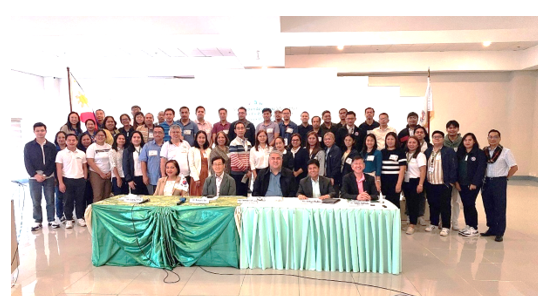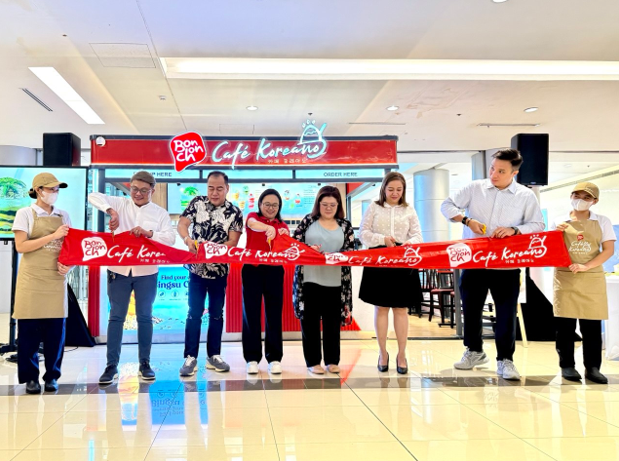The Korea-funded Official Development Assistance (ODA) project titled “Improving the Rice Supply Chain to Ensure Quality of Seeds and Milled Rice for Distribution and Buffer Stocks” is being implemented through the Ministry of Agriculture, Food and Rural Affairs (MAFRA) and the Korea Rural Community Corporation (KRC), in partnership with the Department of Agriculture (DA), the Philippine Rice Research Institute (PhilRice), and the National Food Authority (NFA).
A key activity under the project is the establishment of solar-powered seed warehouses with cold storage at PhilRice stations in Muñoz (Nueva Ecija), San Mateo (Isabela), and Batac (Ilocos Norte), aimed at enhancing seed preservation and buffer stock efficiency.
As part of the project’s capacity-building component, a Workshop on Advancing Information Systems for Rice Seed and Buffer Stock Management was held on June 5, 2025, at the NFA Multi-Purpose Hall in Quezon City. It gathered officials from DA, BPI, NFA Central and Regional Offices (CAR, Regions I, II, III, IV-A, V), and PhilRice branches in Nueva Ecija, Isabela and Batac.
The workshop focused on improving digital systems for seed and buffer stock management and building consensus on the importance of tech-driven solutions in rice supply chain governance. It was organized by the Global Agricultural Policy Institute (GAPI) with support from its local partner, the Orient Integrated Development Consultants, Inc. (OIDCI).
GAPI President Dr. Byung Ki Lee, in his opening remarks, underscored the deep-rooted bond between the Philippines and South Korea. “This workshop reflects our shared commitment to agricultural innovation and collaboration,” he said. “I trust it will further strengthen the friendship and cooperation between our two nations.”
In his keynote speech, DA Undersecretary for Rice Industry Development Engr. Christopher Morales thanked the Korean government and its implementing agencies for their unwavering support. “We are grateful for the state-of-the-art seed warehouses in Nueva Ecija, Isabela, and Ilocos Norte,” he stated. “But more than infrastructure, this partnership has brought in technical expertise, fresh perspectives, and a spirit of mutual learning. To our Korean partners, we say: kamsahamnida.”
This initiative marks a critical step in modernizing the Philippines’ rice supply system amid growing climate and food security challenges.







